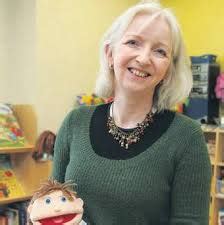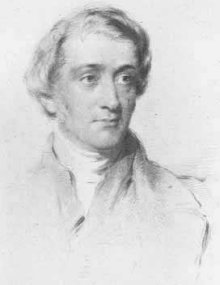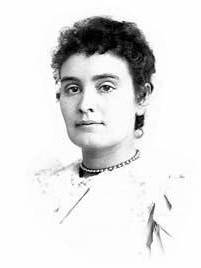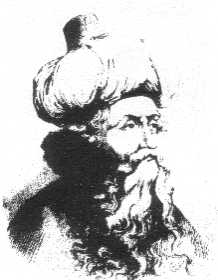A Quote by Maria Montessori
The child builds his inmost self out of the deeply held impressions he receives.
Related Quotes
When later he [St. Joseph] carried the Child in his arms, acts of loving faith welled up constantly in his heart. It was a worship that pleased our Lord more than that which he receives in heaven. Picture to yourself Saint Joseph, adoring the little Child in his arms as his God. He tells of his readiness to die for Christ, of all his plans to promote Christ's glory, and to win more souls to his love. No lover builds more scintillating plans for his loved one than a saint.
When one becomes for an instant one's former self, that is to say different from what one has been for some time past, one's sensibility, being no longer dulled by habit, receives from the slightest stimulus vivid impressions which make everything that has preceded them fade into insignificance, impressions to which, because of their intensity, we attach ourselves with the momentary enthusiasm of a drunkard.
Two ideas are psychologically deep-rooted in man: self-protection and self-preservation. For self-protection man has created God, on whom he depends for his own protection, safety and security, just as a child depends on its parent. For self-preservation man has conceived the idea of an immortal Soul or Atman, which will live eternally. In his ignorance, weakness, fear, and desire, man needs these two things to console himself. Hence he clings to them deeply and fanatically.
For success in training children the first condition is to become as a child oneself, but this means no assumed childishness, no condescending baby-talk that the child immediately sees through and deeply abhors. What it does mean is to be as entirely and simply taken up with the child as the child himself is absorbed by his life.
I am beginning to suspect all elaborate and special systems of education. They seem to me to be built upon the supposition that every child is a kind of idiot who must be taught to think. Whereas if the child is left to himself, he will think more and better , if less "showily." Let him come and go freely, let him touch real things and combine his impressions for himself... Teaching fills the mind with artificial associations that must be got rid of before the child can develop independent ideas out of actual experiences.
Lee saw the fireball and head through the roar in his ears Hester saying, "That's the last of 'em Lee." He said, or thought, "Those poor men didn't have to come to this, nor did we." She said, "We held 'em off. We held out. We're a-helping Lyra." Then she was pressing her little proud broken self against his face, as close as she could get, and then they died.
Whoever builds his faith exclusively on demonstrative proofs and deductive arguments, builds a faith on which it is impossible to rely. For he is affected by the negativities of constant objections. Certainty(al-yaqin) does not derive from the evidences of the mind but pours out from the depths of the heart.




































